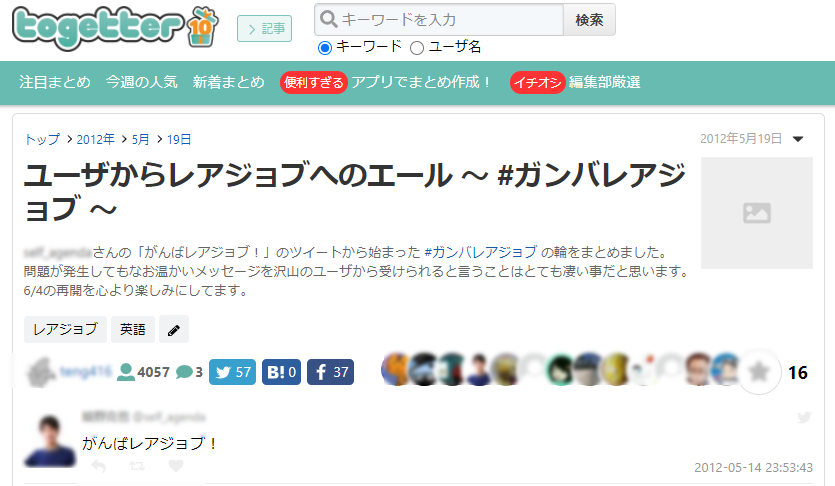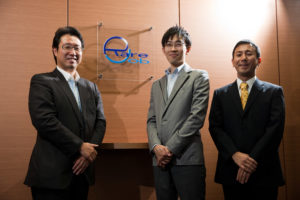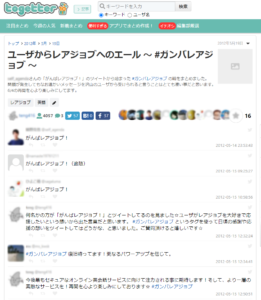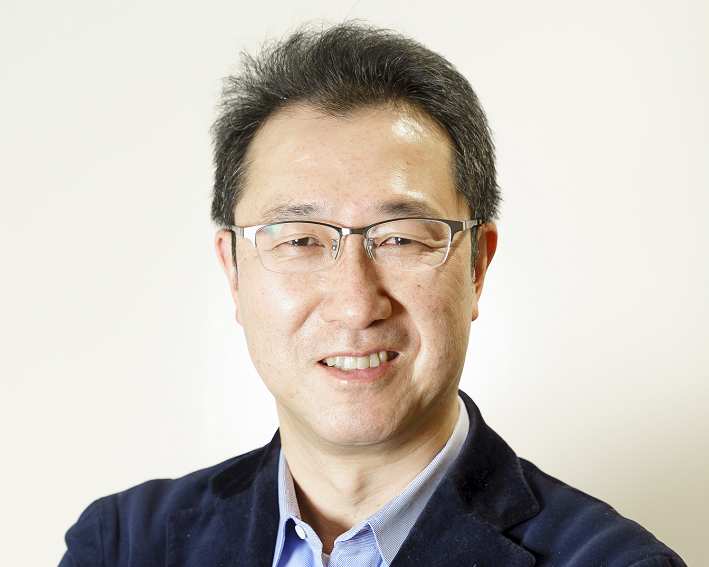#05 Distortion in rapid expansion and growth, and exposed organizational issues. Until the company overcomes a critical phase and reborn.

“This is an unbelievable company,” Fujita was shocked when he first joined RareJob.
Unnamed receipts were piled on the accounting desk randomly. The numbers of selling targets were only those figures that Nakamura lead using Excel. There was no budget system. The company was divided into Customer Service, System Development, and Sales department, but the information wasn’t shared between them. The basis of the personnel rule was “The 7 Habits of Highly Effective People”, a business and self-help book written by Stephen Covey. As the number of members continued to grow, they faced the limitations of real-world operations. Due to the inability to divide roles and responsibilities, Kato had to calculate their salaries manually though the number of tutors exceeded 1000.
Kato and Nakamura decided significant concerns about the company, operated and handled everything. The budget, the organization, the system, and everything was not clearly defined, and “the startup” continued to run with the judgment of the top two people, the momentum of service expansion.

November 2012. At the office reception at the time
Fujita was a certified professional accountant who had worked for an audit corporation and a consulting company. He also had IPO experience as a director and CFO of a venture company. Through various experiences, Fujita deserved, “I also want to contribute to corporate its growth while being involved in management” because he left the venture company after the listing was succeeded.
And here RareJob came.
Kato and Nakamura were nearly ten years younger than Fujita. However, as when he was the CFO of the board in his 20s, the management team around him was 40s and 50s. So, he thought it was just the opposite this time, so age difference never became an obstacle for Fujita.
He deserved to participate in management over the medium to long term in the next company that can continue to grow even after being listed. So he planned an IPO as the first thing to focus on.

However, the story gets back to the beginning.
After witnessing a pile of challenges, Fujita decided to reform the organization before fulfilling his mission- an early IPO. RareJob drastically needed to be amended. And it was quite apparent that it was a tremendous challenge.
At that time, the service was expanding rapidly—the company was full of young staff, with an atmosphere of proceeding forward. Rather than regulating the organization and solidifying its foothold, management consciousness was always aggressive to accelerate further expansion.
However, immediately before Fujita’s reform, an incident occurred that was suspected of leaking students’ personal information.
Possibility of personal information leakage due to unauthorized access to the website was discovered, and the service was stopped entirely for about a month. The doubling growth was suddenly ceased, and the company faced a critical phase of survival instead.
Fujita struggled and managed the countermeasures project as a person in charge. Now, he recalls, “I must have had joined the company for an IPO, but I thought I would drive the company into bankruptcy,” but of course, he had no time even to worry about it. After the incident, the entire service was suspended. To investigate the cause and take countermeasures, he strived day and night.
Customer support, which was at the forefront of dealing with students’ complaints, had been forced to respond fiercely. As its support system at that time, the maximum capacity of handling complaints was 100 per day, and even with the help of other employees, the limit was 200. However, after customer service staff relieved, “We could handle 200 cases today!” then they received 1,000 new inquiries on the next day.
The customer service member recalls, “We had to respond to a huge number of inquiries as quickly as possible. At that time, I felt like I ran through desperately, and I don’t remember about the days much.”
The morning assembly of the countermeasures was held every morning, and the complaints sent to customer support were shared with the entire company every day. Coincidently and consequently, sharing information system between departments was unexpectedly organized.
Needless to say, they should not repeat the same incident twice.
The organization was divided into offensive and defensive functions, and the systems were applied to internal security checks.
The system was restructured, job authority was clarified, and a budget system was also introduced. While RareJob had no sales due to the service outage, there was an urgent necessity to raise funds to keep the company running. In parallel with the Headquarters’ efforts, Fujita tried to rebuild the organization shortly and continued to prepare for the IPO.
It was indispensable to have the driving force for internal unity and solution as it was an emergency. To dispel concerns about the company’s future and life foundation, the Headquarter announced the staff at an early stage, “the salary is guaranteed, so don’t worry.” It was the same as for Filipino tutors, and outages of supply lessons mean a loss of income. Although the funds were not abundant, the Headquarters also provided short-term loans such as advance compensation loans.
Even under difficult circumstances, there was a heartwarming moment. Some of the students spread to tag “#Gamba RareJob.” (Good luck, RareJob!) Besides, one of the leading students in this cheering joined RareJob as an employee. The fact that the students so loved the RareJob English Conversation and the company grew into a necessary service helped all staff overcome the incident.

Cheering by students was very encouraging.
Although they didn’t have enough of anything, generosity was indispensable for changing the management team’s mindset.
RareJob had a history of setting out the value of services through low-cost operations, using the bipolar system of Japan and the Philippines. However, listing means that stocks will be widely bought and sold, and it will continue to meet the expectations of more shareholders. Fujita conveyed that the two founders needed to secure profits, provide better services, and continue to practice.
The change from a startup to a listed company will never happen spontaneously. What was essentially needed for RareJob at the time was a solid foothold for further growth. Inversion from minus to zero, and IPO, was also a challenge for RareJob to wake up and regenerate.
The distortion was created because the organization system’s quality was not keeping up with services’ growth. Correcting it and getting it in the right state was the first step in restarting.
After Fujita’s aboard, and radical transformation of management and organization, RareJob opened the door to the next stage of becoming a listed company.

